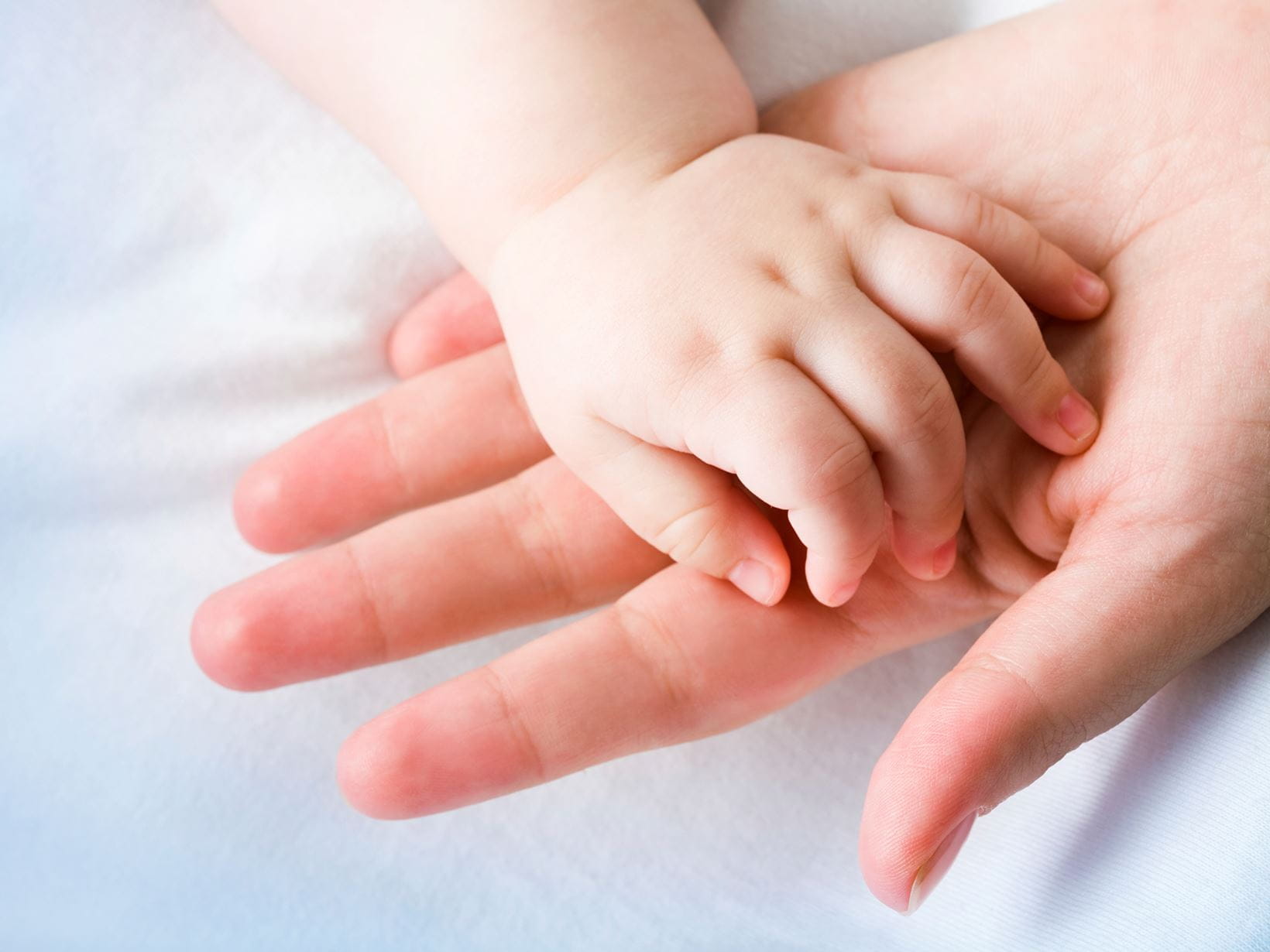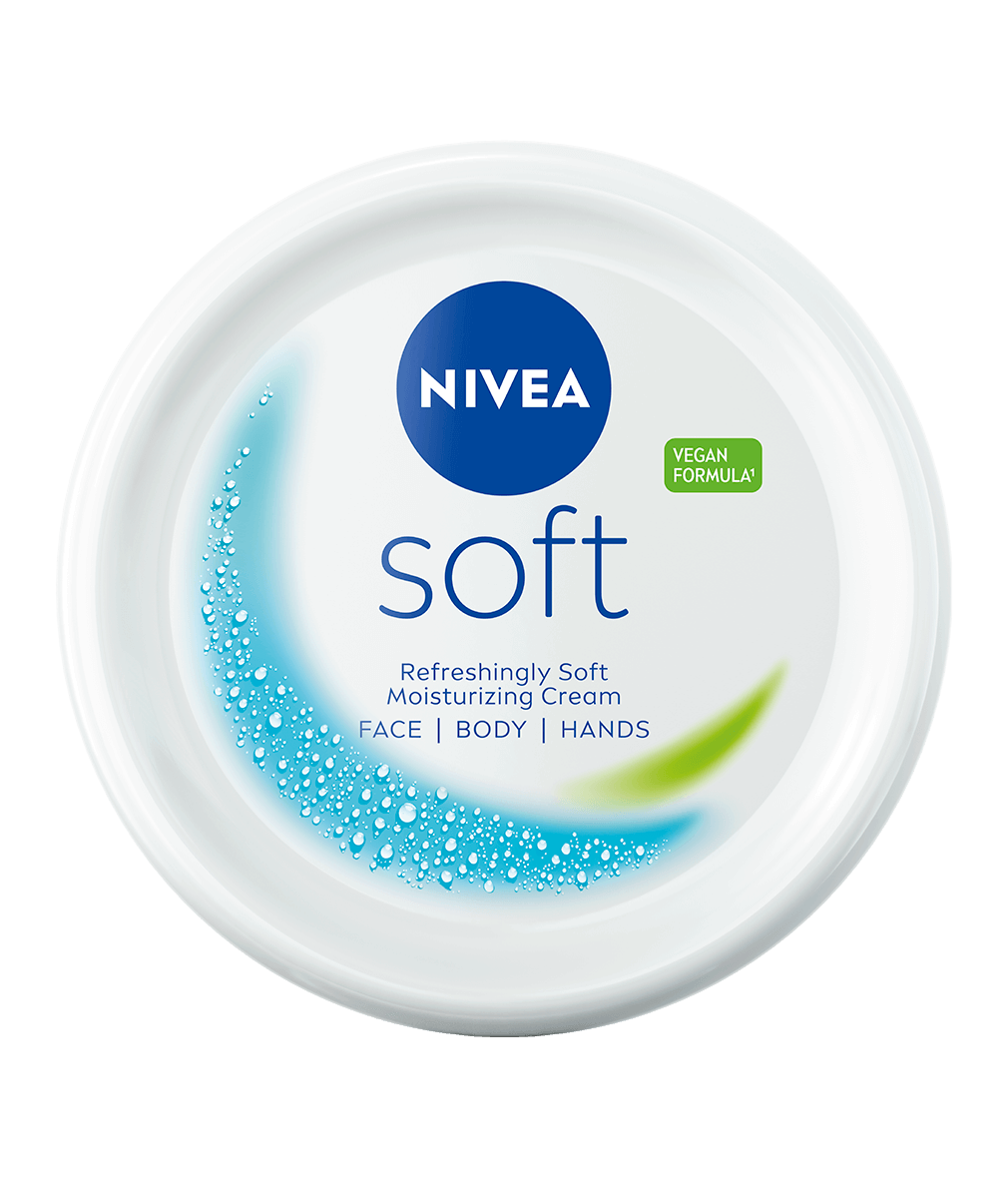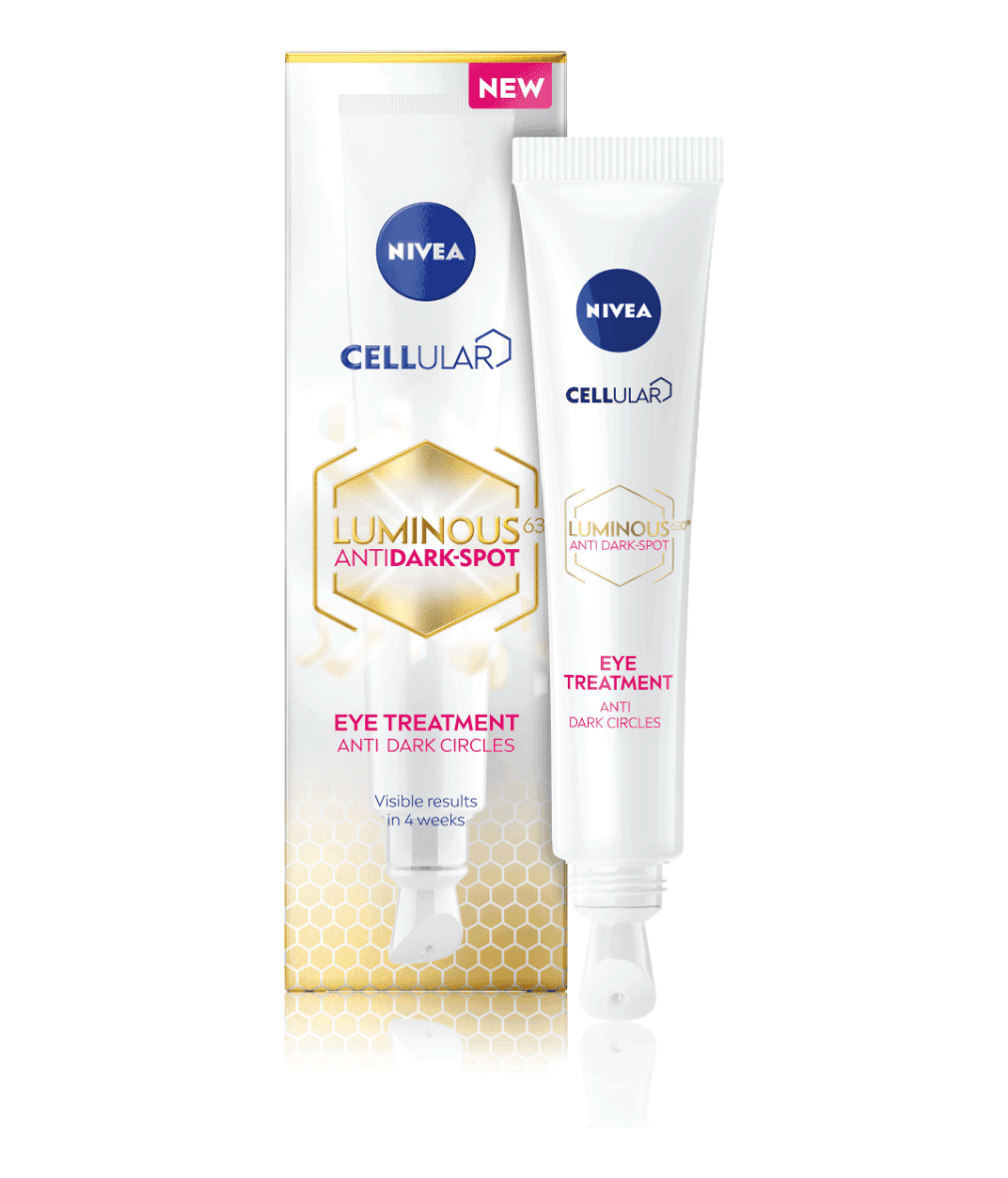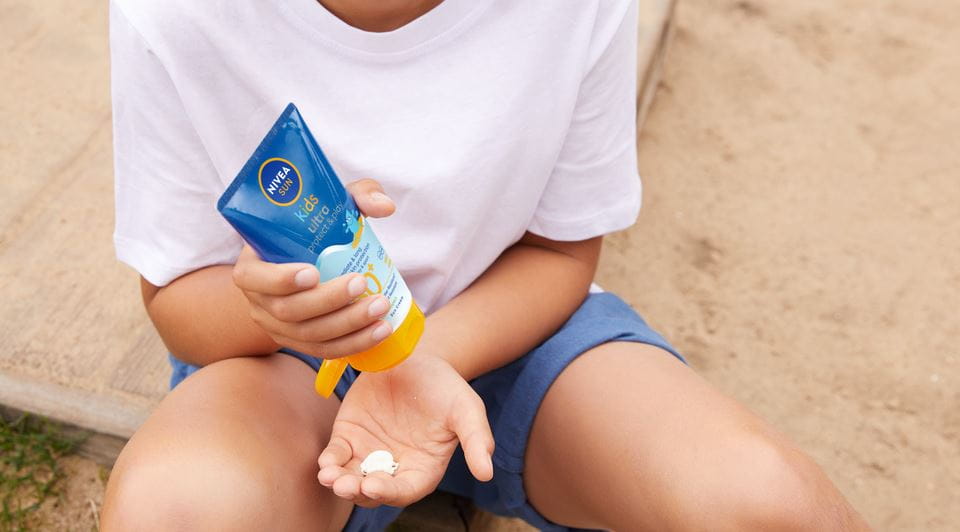
Lær om kraften av berøring
Oppdag kraften av berøring og hvilken effekt dette har på livene våre, fra barndommen og gjennom voksenlivet. Forstå hvordan følelsen av berøring virker og mye mer.
Kraften av berøring – forstå vitenskapen
Berøring påvirker mer enn bare huden – den påvirker berøringsreseptorene slik at de sender beskjeder gjennom kroppen ved hjelp av nevroner.
Kraften av berøring i hverdagslivet
Følelsen av berøring kan være beroligende og oppmuntrende både hos voksne og barn, spesielt ved sykdom eller bekymring.














